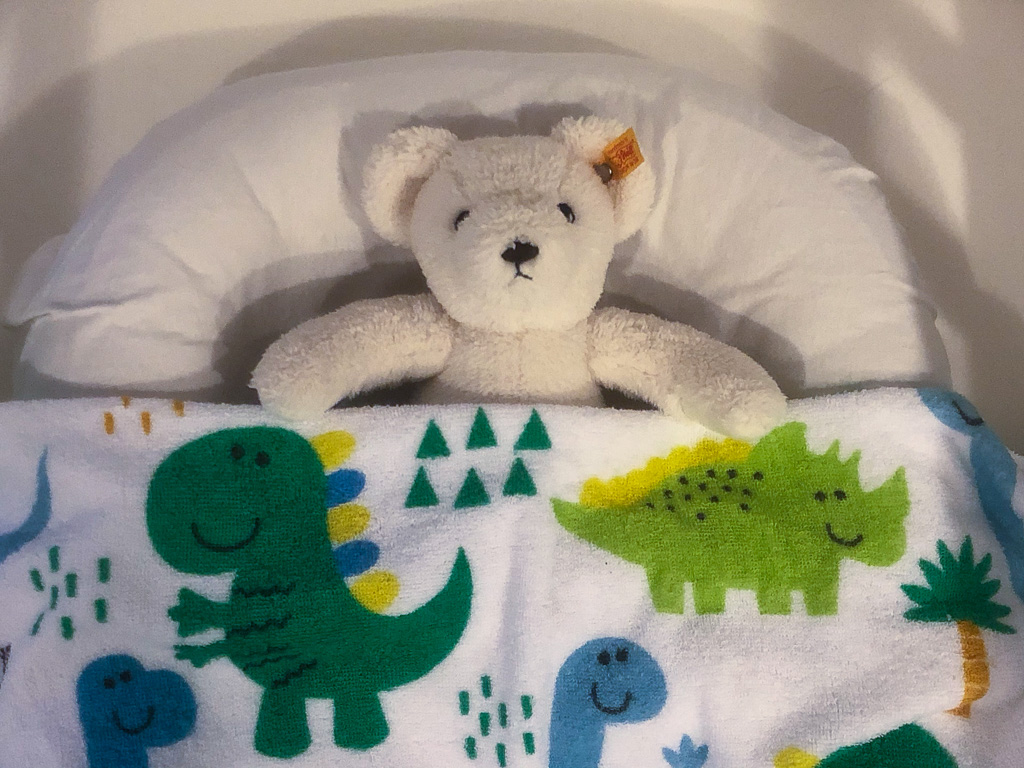One week with a baby at home has taught me some new Japanese words. First comes lack of sleep, or 寝不足 [nebusoku], where the Chinese characters, kanji, mean something like “sleep non-sufficient”. (I really like the Japanese way of expressing this, although I do not so much like the experience in general.) The last kanji also means foot or leg, and the middle one can mean bad, and thinking about the feeling originating from lack of sleep as the mental equivalent to the numb sensation from a foot being asleep, I think the way of interpreting the kanji kind of expresses the general statement that appears after one week of wonderful (for the first time in my life I am quite ok with feeling like this) 寝不足.
One way to counteract 寝不足, is to take a 昼寝 [hirune], a “noon-sleep”. My wife is very good a 昼寝, quick to fall asleep and quick to wake up. I would say she is a 昼寝 master, and that is very convenient when having a little newborn baby at home. I am more of an anti-master, I take two ages to fall asleep and three to wake up. So I try to avoid doing 昼寝, and when my wife is taking a nap and our baby wakes up, I do 抱っこ [dakko] instead. This word I could make no sense of – 抱 means something like hug or hold in arms, so why the extra っこ is needed I did not understand; these things are great to ponder after having 抱っこed a baby, gently humming Swedish children’s songs. When my wife wakes up from her 昼寝, she usually explains those particularities of the Japanese language. In this case, my wife reckons that the little っこ in the end originates from the Japanese word for child (that makes sense), which sometimes is read as ko, こ.
Another thing I am struggling to make sense of is the use of honorific prefixes. In children’s language, pee is おしっこ [oshikko] in Japanese, and poop is うんこ [unko]. That little お in front of pee I understand, is the honorific prefix I was talking about, used in front of certain words when being polite or humble. But why in the world does pee deserve an honorific prefix and poop does not? So many things to think about. My wife laughs at me, wonders at my train of thoughts that ranges from one minute worrying about the temperature of the milk formula, to the next pondering the use of honorific prefixes; I on the other hand wonder at my wife’s ability to explain things to me (although she still has not given me a satisfactory explanation to my pee-poop-problem.
Finally, I would like to introduce ゲップ. This is a mimetic word for burping, so when burping in Japan, it apparently sounds like [geppu]. Quite cute I think, and it makes me realise that I may never be able to properly do thing the Japanese way – no matter how hard I try I think I can never make that kind of cute sound when burping. But who knows – maybe our little son can teach me one day.
Share this post

